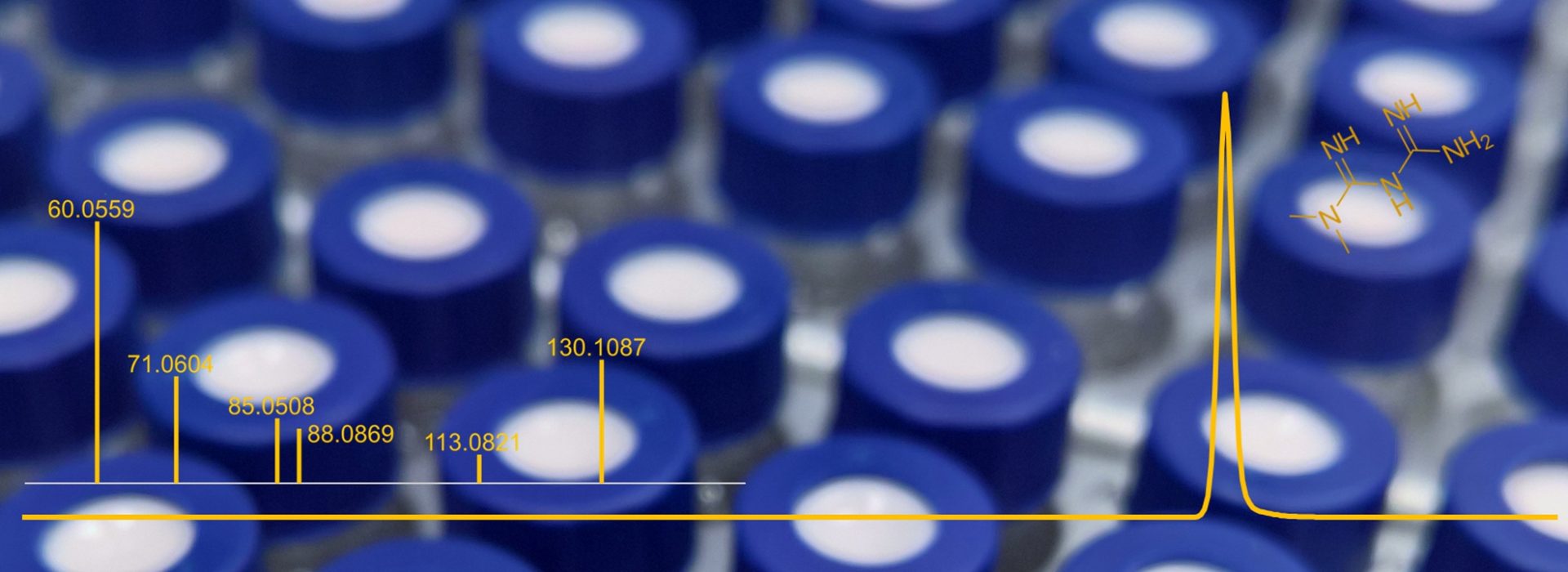About our Institute

Content of this page

About the Institute
Institute of Physiology of the Czech Academy of Sciences (IPHYS) is one of the leading research institutions in the Czech Republic. The Institute is engaged in research in the field of normal and pathological physiology, with the main focus on:
Nervous system and brain research
Nervous system and brain research
DISEASES IN FOCUS: ALZHEIMER’S DISEASE – SCHIZOPHRENIA – DEPRESSION – EPILEPSY – DISORDER OF BIORHYTHMS – NEUROPATHIC PAIN – NEURODEGENERATION – AUTISM – INBORN COGNITIVE DEFECTS – CHANNELOPATHIES
Neuroscience research covers studies aimed at understanding basic physiological and pathological processes related to human neurological and psychiatric diseases. Investigations at the system level study integrative functions of the central nervous system that include cognitive functions (memory, spatial orientation or learning), chronic pain, and epilepsy. At the cellular level circadian rhythms (i.e. processes repeated rhythmically during a 24-hour period) and pathophysiological mechanisms of drug addictions are investigated. Studies at the molecular level are aimed at revealing the biochemical principles of signal transmission from one cell to another, structural and functional correlations of neurotransmitter receptor activation and modulation by biological and pharmacological compounds. Aspects of neural transmission are studied in vivo, in vitro as well as theoretically using computer simulations and modelling.
Cardiovascular system research
Cardiovascular system research
DISEASES IN FOCUS: HYPERTENSION – ISCHEMIC HEART DISEASE- CHRONIC HEART FAILURE – HEART ARRHYTHMIAS – CHRONIC KIDNEY FAILURE
Research in the cardiovascular field includes studies on the mechanisms of the development, therapy and prevention of serious cardiovascular diseases, such as ischemic heart disease, hypertension and chronic heart and kidney failure. Particular attention is devoted to the development of cardiac adaptation to oxygen deprivation and mechanisms of cardiac protection. Studies on the mechanisms of blood pressure regulation, vascular contractions and development of the conductive system represent a basis for new therapeutic approaches to hypertension and cardiac arrhythmias. The genetic approach deals with modifications or defects of selected genes responsible for cardiovascular diseases. Work is also being done on the development of biomaterials that may be suitable for synthetic vascular replacements.
Metabolism research
Metabolism research
DISEASES IN FOCUS: OBESITY AND METABOLIC SYNDROME – DIABETES MELLITUS TYPE 2 – INHERITED METABOLIC DISEASES – DISEASES OF THE INTESTINE – CANCER – INFECTIONS BY YEASTS – BONE MARROW DISEASES
Studies in this field cover specific aspects of metabolism from the cellular to wholebody level. The research is focused on characterisation of transport systems in cell membranes, specific signaling pathways affecting metabolism, the function of mitochondria and the impact of mitochondrial dysfunction on health, interactions between nutrition and the immune system that affect metabolism, circadian control of metabolism, genetic basis of obesity related diseases as well as the ontogenic aspects and the role of ageing in metabolic health.
Main goal
Main goal of the research is to characterize mechanisms of the development of serious human diseases, such as vascular and cerebrovascular accidents, ischemic heart disease, diabetes, hereditary metabolic disorders and neurodegenerative diseases. Centre for Preclinical testing forms a part of the Institute.
Centre for Preclinical Testing (CPT)
COMPLETE SERVICES FOR THE IMPLEMENTATION OF PRECLINICAL STUDIES
Successful completion of preclinical studies is an essential prerequisite for starting clinical trials on humans. Preclinical testing on animals under the strict GLP conditions (GLP – Good Laboratory Practice) is a key and indispensable element in the development of new pharmaceuticals. Centre for Preclinical Testing was founded with the support of Czech Academy of Sciences and it is closely linked with CAS program „Preclinical Testing of Potential Pharmaceuticals“ within Strategy AV21. The Centre offers a complete service for preclinical studies with candidate substances on turnkey basis.
It uses a wide infrastructure and know-how of selected specialised laboratories within the CAS. It provides standard and custom tailored studies to support CTA/MA processes and meet the needs of our clients in pharma (human and veterinary medicinal products), food, medical devices. Non-clinical safety studies and analytical chemistry testing can be performed under GLP requirements. Since its founding in 2017, dozens of pharmacological and toxicological in-vivo studies have been conducted at CPT, helping medicines on their long journey from test tube to patient.
Research and education
Knowledge of scientists from the Institute of Physiology and their discoveries represent a theoretical basis for the development of new therapies.
Institute holds an important role in the education of students and current health care workers.
Institute of Physiology is consisted of a number of scientific laboratories and service departments. Insitute use the top equipment for the research.
There are a wide range of world-renowned experts who regularly gain recognition for their scientific work of major domestic and foreign awards.
Institute employees
Institute´s scientists have worked and still are working on a major social and manager positions (eg. prof. Helena Illnerová – president of The Czech Academy of Sciences 2001 – 2005), including significant positions in the international scientific societies (eg. prof. Bohuslav Ošťádal – president of the International Academy of Cardiovascular Sciences)
Lectures and popularization events
The Institute organise a range of popularization activities for the general and expert public. It has been organizing the series of lectures and seminars (among others Bureš lectures series and the popularisation lectures The human body in health and disease).
Grants and research projects
The Institute has been successful in attracting research funding at both national and international level. It participates also in research projects in the centers of excellence and is also a recipient of EU Structural Funds support. It is the part of a Translational Research Project MediAim that is dedicated to the development of new therapeutic agents and strategies to fight certain serious noncommunicable diseases and selected viral diseases. It´s included three institutions: IKEM, IOCB and IPHYS.
The Institute is a co-recipient of the National Recovery Plan (2022 – 2025) in the National Institute for Metabolic and Cardiovascular Disease Research (CarDia) project, whose main goal is to contribute to more effective management of the epidemic of civilization diseases, and in the National Institute for Neurological Research (NPO-NEURO-D) project which focuses on excellent research of disorders of brain development and aging.







